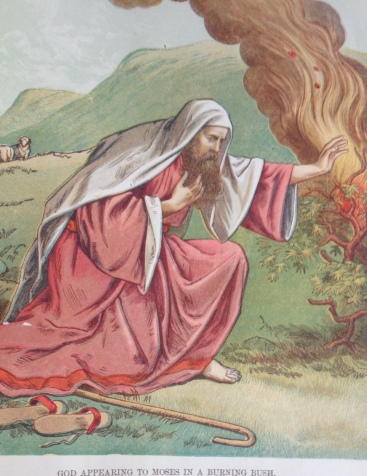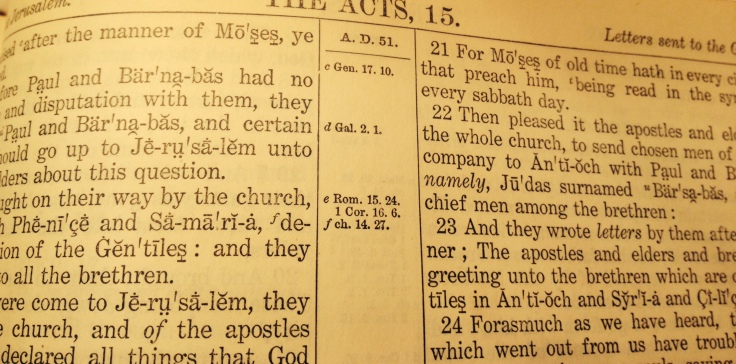

REBECCA (REBEKAH) AT THE WELL
If you collect antiques, you might be familiar with a teapot called Rebecca at the Well. Reproductions abound but I think mine is an original. Either way it’s a treasure that I found in a thrift shop.
Three well-known courtships (and subsequent marriages) in the Bible began with a rendezvous at a well. Abraham’s servant called on God to help him find a bride (Rebekah) for Isaac at the well in Mesopotamia. Jacob fell in love at first sight when Rachel, a shepherdess, came to water her father’s sheep. Moses met Zipporah at the well in Midian when he was running away from the Pharaoh.
REBEKAH AND ISAAC
Abraham told his servant, “you shall go to my country and to my relatives, and take a wife for my son Isaac” (Gen. 24: 4 NASB).
And he [Abraham servant’s] said, “O LORD, the God of my master Abraham, please grant me success today, and show lovingkindness to my master Abraham. Behold, I am standing by the spring, and the daughters of the men of the city are coming out to draw water; now may it be that the girl to whom I say, ‘Please let down your jar so that I may drink,’ and who answers, ‘Drink and I will water your camels also’;–may she be the one whom Thou hast appointed for Thy servant Isaac; and by this I shall know that Thou hast shown lovingkindness to my master” (Gen. 24: 12-14 NASB).
See Genesis 24: 1-67.
RACHEL AND JACOB
Then Jacob went on his journey, and came into the land of the people of the east.
And he looked, and behold a well in the field, and, lo, there were three flocks of sheep lying by it; for out of that well they watered the flocks: and a great stone was upon the well’s mouth.
And thither were all the flocks gathered: and they rolled the stone from the well’s mouth, and watered the sheep, and put the stone again upon the well’s mouth in his place.
And Jacob said unto them, My brethren, whence be ye? And they said, Of Haran are we.
And he said unto them, Know ye Laban the son of Nahor? And they said, we know him.
And he said unto them, Is he well?” And they said, He is well: and, behold, Rachel his daughter cometh with the sheep.
And he said, Lo, it is yet high day, neither is it time that the cattle should be gathered together: water ye the sheep, and go and feed them.
And they said, we cannot, until all the flocks be gathered together, and till they roll the stone from the well’s mouth; then we water the sheep.
And while he yet spake with them, Rachel came with her father’s sheep: for she kept them.
And it came to pass, when Jacob saw Rachel the daughter of Laban his mother’s brother, and the sheep of Laban his mother’s brother, that Jacob went near, and rolled the stone from the well’s mouth, and watered the flock of Laban his mother’s brother.
And Jacob kissed Rachel, and lifted up his voice, and wept. And Jacob told Rachel that he was her father’s brother, and that he was Rebekah’s son: and she ran and told her father (Gen. 29: 1-12 KJV).
See Genesis 29: 1-30.
MOSES AND ZIPPORAH
Moses fled from Pharoah and went to live in Midian, where he sat down my a well. Now a priest of Midian had seven daughters, and they came to draw water and fill the troughs to water their father’s flock. Some shepherds came along and drove them away: but Moses stood up and helped them, and watered their flock.
When the girls returned to Reuel their father, he asked them, “Why have you returned so early today?”
They answered, “An Egyptian rescued us from the shepherds. He even drew water for us and watered the flock.”
“And where is he?” he asked his daughters. “Why did you leave him? Invite him to have something to eat.”
Moses agreed to stay with the man, who gave his daughter Zipporah to Moses in marriage. Zipporah gave girth to a son, and Moses named him Gershom, saying, “I have become an alien in a foreign land” (Exodus 2: 15b-22 NIV).













